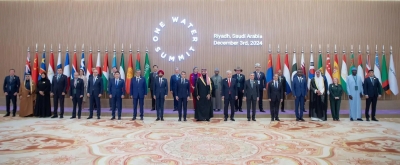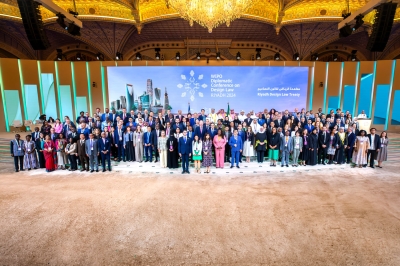
The National Program to Reduce Food Loss and Waste (Li Tadum) is a national initiative launched by the Kingdom of Saudi Arabia to conserve its natural resources. It aims to reduce the amount of food lost and wasted by following the latest international standards and experiences. The program was launched in 2018 and is one of the initiatives of the Saudi Grains Organization, operating within the sectors of the Ministry of Environment, Water, and Agriculture.
The program establishes policies to reduce food loss and waste in a significant group of food items, including wheat, rice, dates, vegetables, fruits, and red and white meat.
The National Program for Reducing Food Loss and Waste aims to achieve several objectives, including raising awareness about the importance of food diversity, the efficient use of natural resources, reducing diseases resulting from food waste, waste management, promoting cooperation between governmental and non-governmental entities, promoting a culture of food recycling, and encouraging the reduction of food loss and waste.
Phases of the National Program to Reduce Food Loss and Waste
Implementing the National Program to Reduce Food Loss and Waste has four main stages. The first stage involves studying food loss and waste in the Kingdom of Saudi Arabia through field surveys. This includes preparing the legislative framework to reduce food loss and waste in the country. Imam Muhammad bin Saud Islamic University was tasked with conducting field surveys on food loss and waste, as well as identifying methods to reduce them. The study aims to estimate the amount of food loss and waste in twenty-seven cities and provinces in the administrative regions of the Kingdom.
In the second stage, a national awareness and training program is implemented, providing training on the best practices adopted to reduce food loss and waste. The third stage includes the establishment of the National Observatory for Loss and Waste of Food. The fourth phase enhances the study of waste recycling capabilities and the utilization of food loss and waste.
The National Program to Reduce Food Loss and Waste plans
The percentage of food loss and waste in the Kingdom was estimated at 33.1 percent in 2018. The program aims to reduce food waste and loss by 50 percent by the year 2030, in order to achieve food security and alleviate financial burdens on individuals and society.
Related quizzes
Related articles

